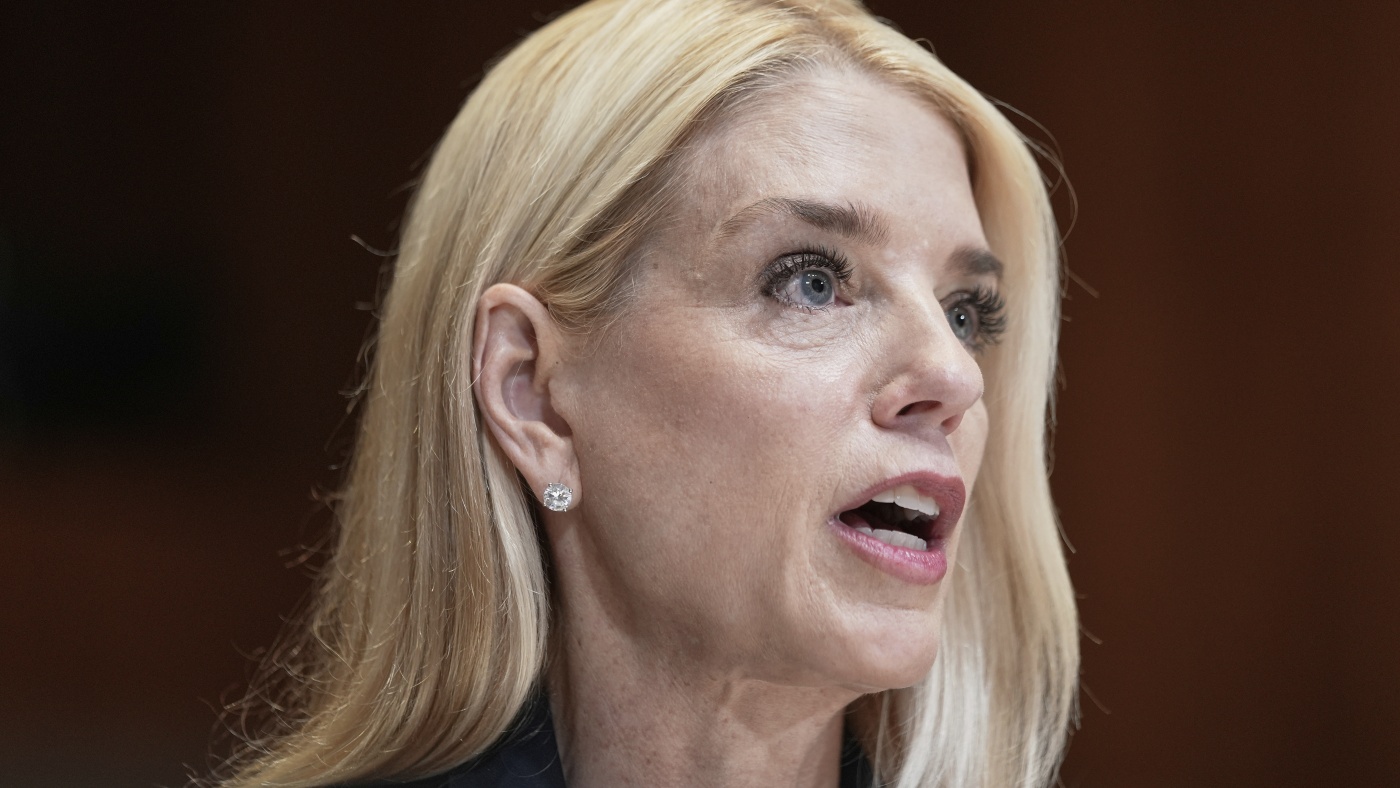WASHINGTON, D.C. – In a bold legal maneuver, the Trump administration has filed a lawsuit against all 15 federal judges in Maryland, challenging an order that blocks the immediate deportation of migrants contesting their removals. This action underscores the administration’s determination to assert its executive power over immigration enforcement.
Breaking: Legal Showdown Over Immigration Powers
The lawsuit, filed on Tuesday, comes in response to an order signed by Chief Judge George L. Russell III, which prevents the deportation of immigrants who have filed paperwork with the Maryland district court. The order halts removals until 4 p.m. on the second business day after a habeas corpus petition is lodged.
Attorney General Pamela Bondi criticized the order, stating, “The American people elected President Trump to carry out his policy agenda: this pattern of judicial overreach undermines the democratic process and cannot be allowed to stand.”
Immediate Impact on Immigration Enforcement
This legal action highlights the administration’s growing frustration with federal judges who have repeatedly blocked its immigration policies. The Justice Department argues that the automatic pause on deportations violates a Supreme Court ruling and impedes the president’s authority to enforce immigration laws.
“President Trump’s executive authority has been undermined since the first hours of his presidency by an endless barrage of injunctions designed to halt his agenda,” Attorney General Pamela Bondi said.
Key Details Emerge from the Lawsuit
The lawsuit names several judges, including Paula Xinis, who has previously called the deportation of Kilmar Abrego Garcia to El Salvador illegal. Attorneys for Garcia have requested that Xinis impose fines against the administration for contempt, citing ignored court orders.
James Sample, a constitutional law professor at Hofstra University, described the lawsuit as part of an erosion of legal norms by the administration. “Normally, when parties are on the losing side of an injunction, they appeal the order — not sue the court or judges,” he noted.
By the Numbers
- 15 federal judges named in the lawsuit
- Order blocks deportations until 4 p.m. on the second business day after filing
Background Context: A Pattern of Judicial Challenges
The Trump administration has been locked in a series of legal battles over immigration policies. This latest lawsuit represents a continuation of its efforts to challenge federal rulings that it perceives as overstepping judicial boundaries.
Chief Justice John Roberts previously responded to Trump’s criticism of the judiciary, stating, “Impeachment is not an appropriate response to disagreement concerning a judicial decision.”
Expert Analysis: Legal and Political Implications
Laurie Levenson, a professor at Loyola Law School, remarked on the extraordinary nature of the lawsuit, emphasizing its potential to escalate tensions between the executive branch and the judiciary. “It’s extraordinary,” she said. “And it’s escalating DOJ’s effort to challenge federal judges.”
Meanwhile, James Sample highlighted the unusual nature of the administration’s actions, noting that the court’s order was a response to the administration’s own practices of moving detainees to avoid legal scrutiny.
What Comes Next: Potential Outcomes and Reactions
The Trump administration has requested that the Maryland judges recuse themselves from the case, seeking instead to have a federal judge from another state preside over the matter. This move could further complicate the legal proceedings and delay any immediate resolution.
The outcome of this lawsuit could have significant implications for the balance of power between the executive branch and the judiciary, particularly concerning immigration enforcement.
As the legal battle unfolds, all eyes will be on the federal courts to see how they respond to this unprecedented challenge.
